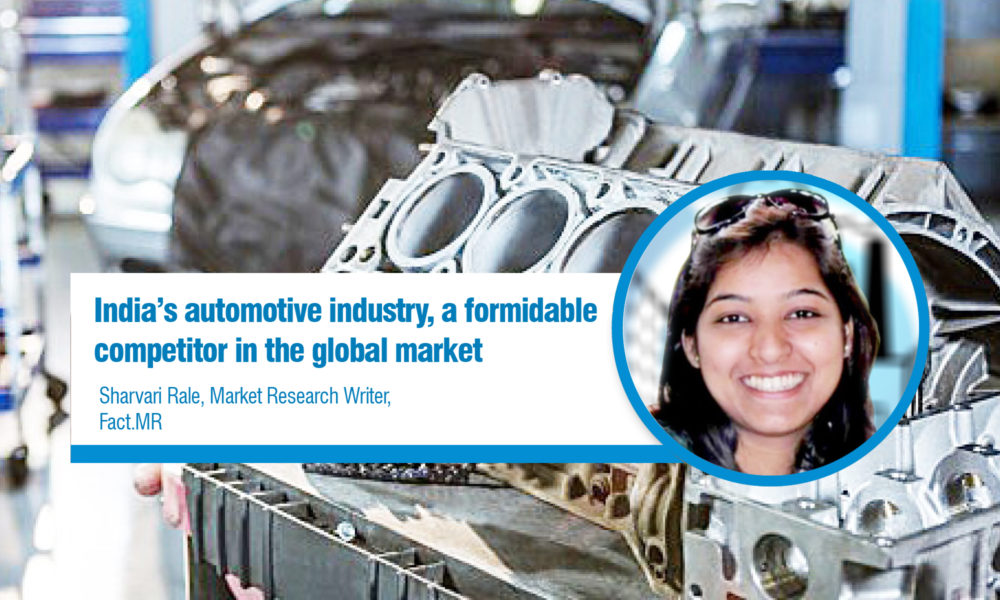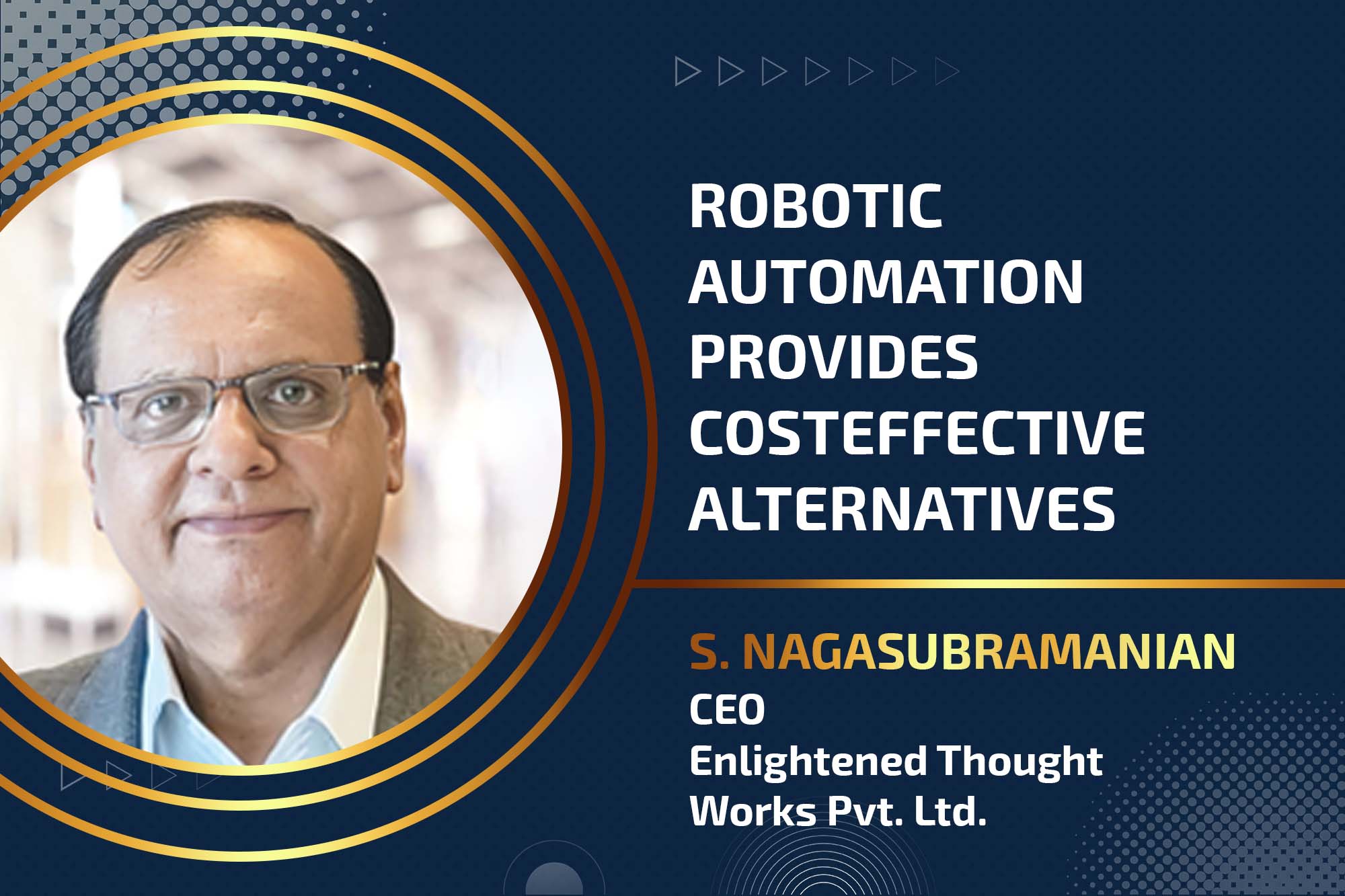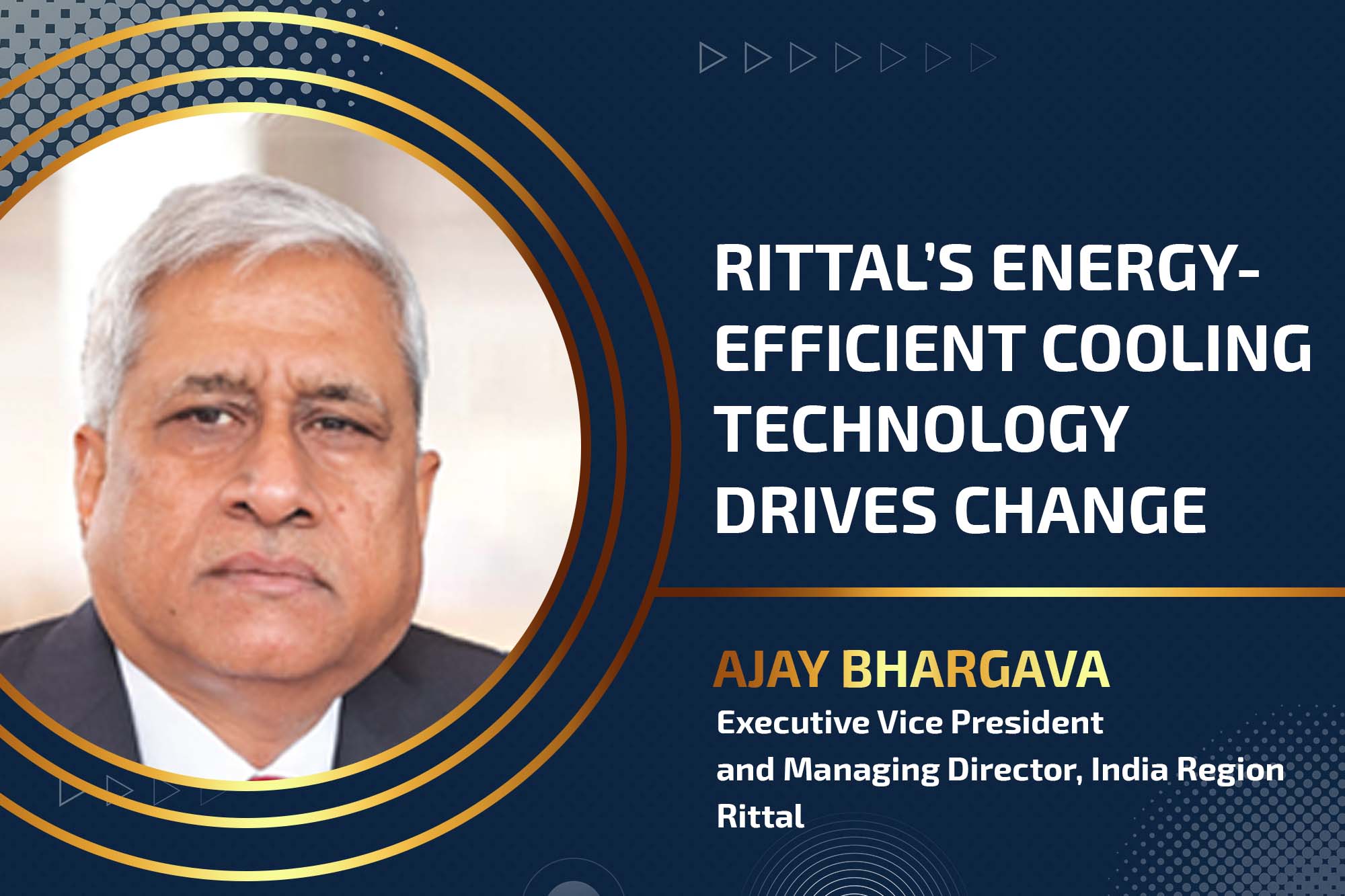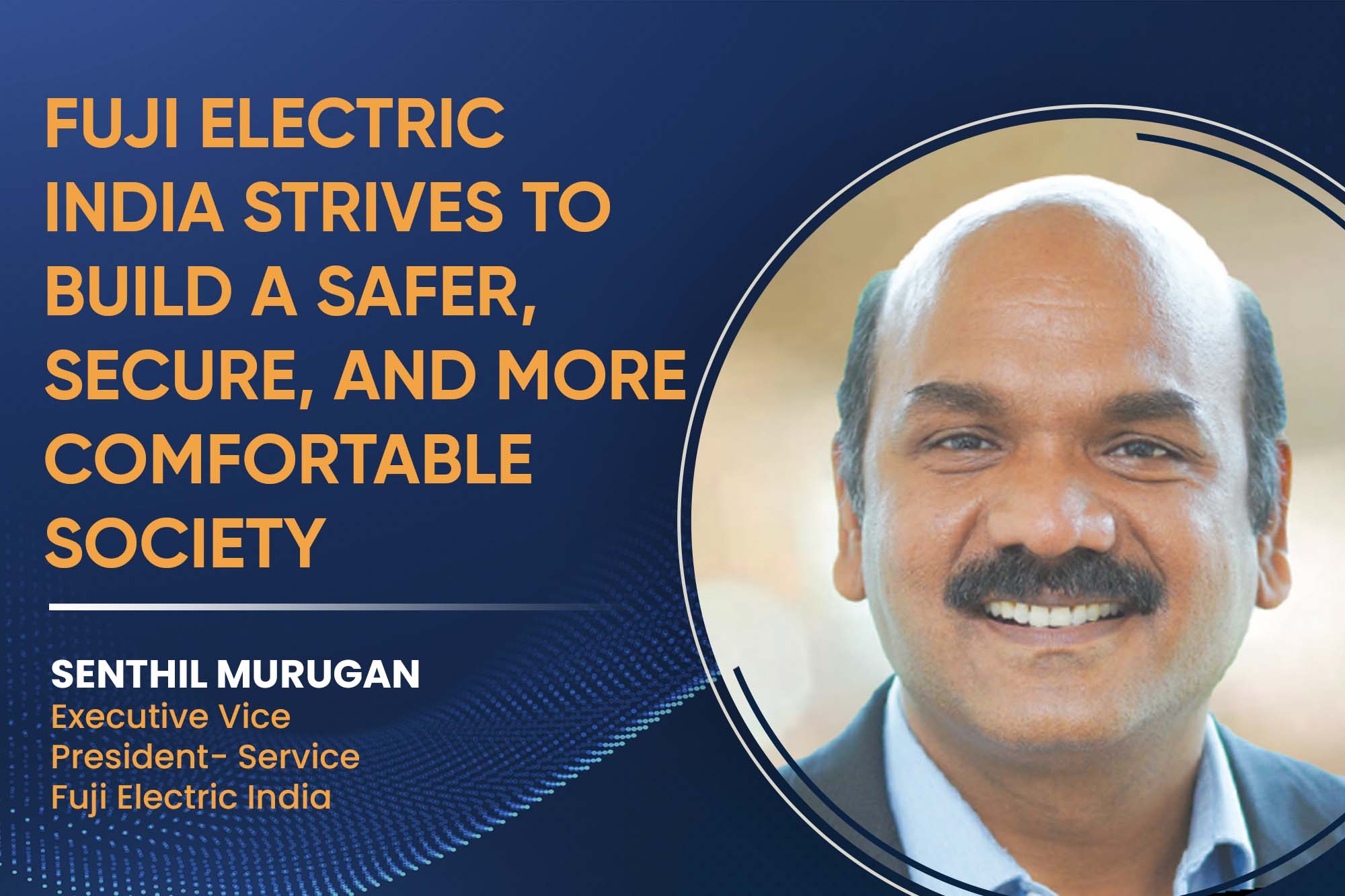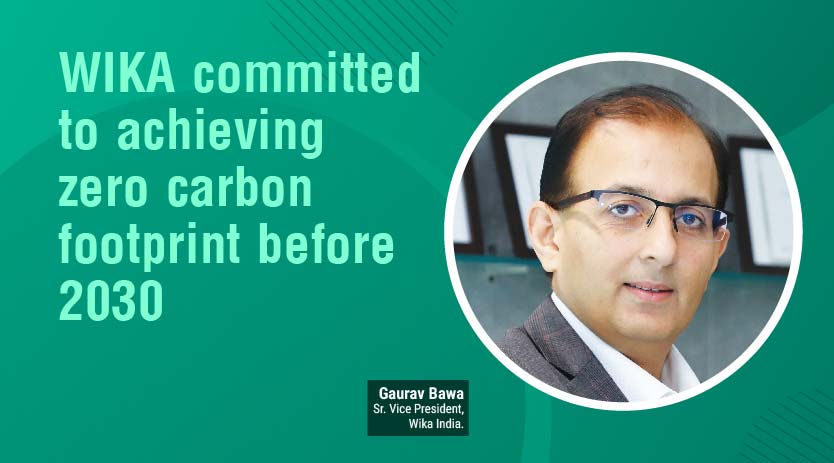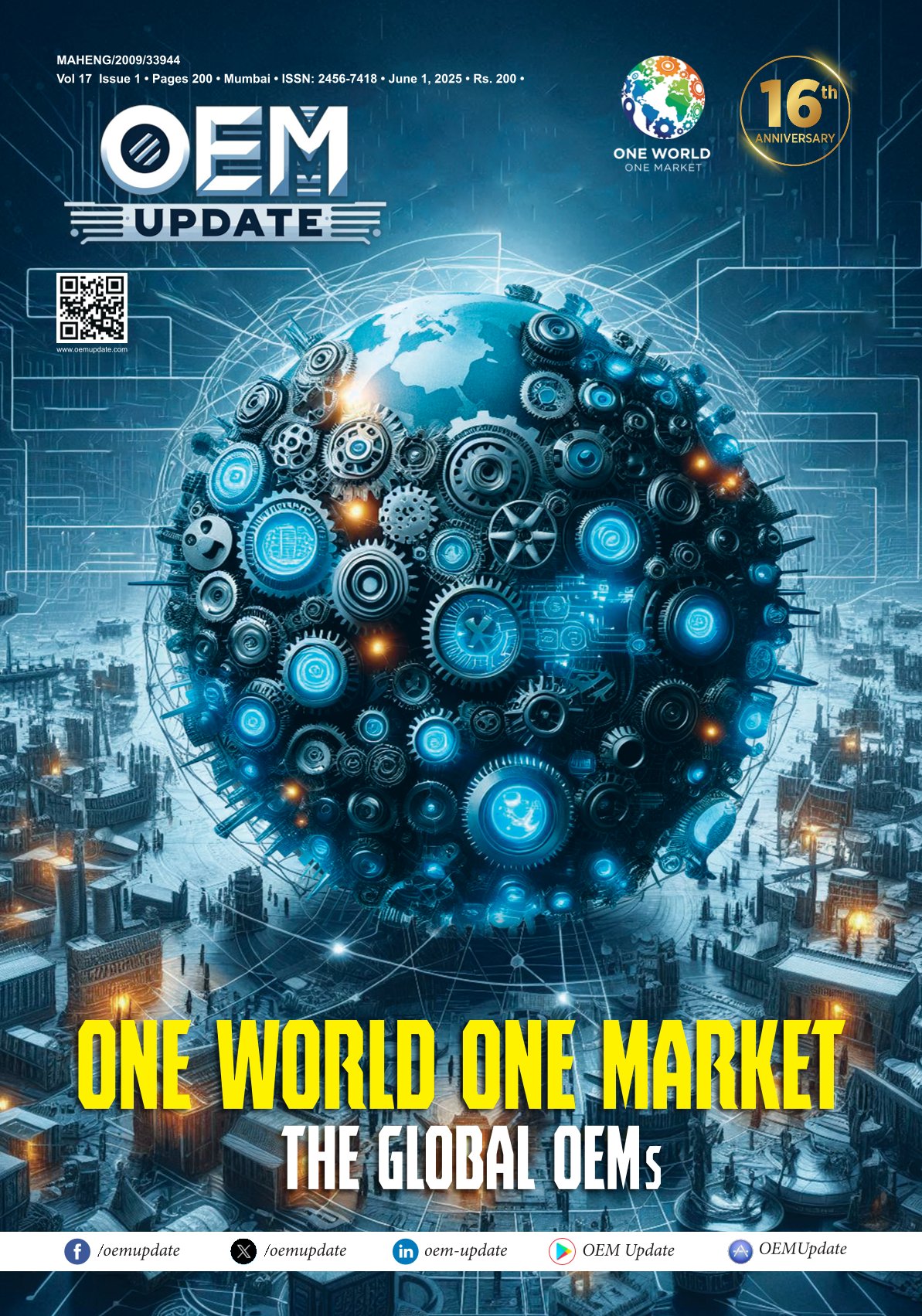India’s automotive industry, a formidable competitor in the global market
By OEM Update Editorial July 8, 2019 4:46 pm IST
By evaluating the role of Make in India in the transformation of India’s automotive industry toward the title of a ‘global heavyweight’, Sharvari Rale, Market Research Writer, Fact.MR also points out how there has to be a paradigm shift in our mindset before we actually expect a shift in capacities and efficiency.
Make in India made for India’s automotive sector?
The Make in India programme has definitely played a vital role in uplifting India’s rank in the global manufacturing index. Surveys have revealed, also that the country has witnessed notable improvement in almost, eight out of ten parameters, which has eased the overall process of setting a business within India.
While the Make in India initiative intends to revive India’s manufacturing industry in particular, it considers automotive industry as one of the most prominent actionable areas out of the 25 priority sectors. Make in India endeavours to boost domestic automotive manufacturing and attract maximum foreign direct investments (FDIs). At present, the industry is 100 per cent open to FDIs – without the mandate of pre-approval from Indian Government. In my opinion, this is resulting in increasing investments in the auto sector from overseas and will play an instrumental role in solidifying India’s position as a strongand genuine heavyweight in the automotive universe.
I would also like to particularly mark, that, employment generation has been among the key resolutions of Make in India, and will further be an additional success of the campaign. Automotive industry holds massive potential when it comes to generating employment. However, at the same time, the role of a multitude of strong domestic and geopolitical forces will also be crucial, in the forthcoming years.
India as an automotive manufacturing heavyweight through Make in India?
The GST reform has seemingly augured well for the automobile domain. However, dealers are still strongly demanding the reduction in rates that fall in the highest, i.e. 28 per cent slab. This certainly stands as a pressing challenge that points to an onerous route facing the ambitious objectives of Make in India. The launch of Make in India is proving felicitous for the growth of country’s automotive industry but needs swift troubleshooting efforts on priority to combat challenges that could be far-reaching in the long run.
With the revolutionary Industry 4.0 making inroads into India’s manufacturing sector, the country looks ready for the upcoming digital revolution. To leverage the potential benefits of smart manufacturing, the industry has to have a prudent blend of automation, advanced analytics, IoT, IIoT, AI, Big Data, robotics, and digitalisation of processes. While we move forward to achieving the best of Industry 4.0’s offerings, I must point out that there has to be a paradigm shift in our mindset before we actually expect a shift in capacities and efficiency.
Although Industry 4.0 will be a fresh dawn for India’s industrialisation scenario, it also comes with a bottleneck that prompts the loss of jobs against automation, and severe dearth of the skilled labour force. Make in India must now involve smart strategies to meet its own goal of employment generation, which could be done by upskilling the existing workforce. Looking at China’s primacy in manufacturing, outsourcing, and service delivery, it is clear that the obstacles created by corruption, bureaucracy, and relatively inefficient transport network ought to be eliminated first, before Make in India focuses on building capability and creating a conducive labour law framework.
What kind of customisations and technological advancements have been carried out for the Indian automotive market?
The automotive industry has been working closely with technology providers, as a result of which a multitude of advanced technologies are being integrated with automobiles. In line with faster adoption of hybrid and electric (FAME, launched in 2015), more than six million electric vehicles are likely to be sold by 2020, which means that India’s adoption of vehicle electrification is apace.
In one word – disruptive. The faster prototyping and design tool, and Additive Manufacturing technology has been transforming capabilities of automotive industry. BMW Group, recently, released its millionth 3D printed automotive component. Not only the behemoths but other brands, operating in the automotive space are keen on adopting the additive manufacturing methodology.Brands typically view 3D Printing technology as a means of achieving innovative and flexible dimensions, lighter weight, realistic design capabilities, and quicker development cycles. As applicability of 3D printing surges in series vehicle production, preference for Additive Manufacturing over conventional will prevail at a notable pace. After all, it all boils down to bolstering the productivity and efficiency.
Conservation of resources and “green technology” are key aspects. How does the automotive manufacturer view this?
The Smart Cities Mission launched in 2015 offered a prominent push to the reinvigorate India’s sustainable energy initiatives. Increasing incorporation of greener technologies in automobiles is currently the hottest trend among automakers. Automotive industry operators are eyeing the ‘all-electric goal by 2030’, set by the government, which points to a tough route to success for automakers. However, manufacturers are likely to benefit from the government’s encouragement to investments in research and innovation, which banks on widely available skilled and semi-skilled resource pool.
Automotive OEMs such as Suzuki, Hyundai, and GM areplanning to establish their R&D set-ups in India.India’s leading automotive manufacturers and technology innovators are also planning investments for research in sustainable vehicle technologies, as government has declared attractive incentives to those contributing to the green technology initiative. Automotive manufacturers are viewing this as an opportunity to Make in India, emphasising fuel efficiency, electric vehicle innovations, and a faster shift to cleaner or more sustainable vehicle technologies.
Is it becoming more difficult in the automotive sector to achieve the sustainability targets?
To a certain extent, yes. Sustainability is an umbrella term, involving multiple facets associated with the resource utilisation and the final ecological impact.In an effort to make automobiles smarter, safer, and cleaner, ideally, we must concentrate on wresting the circular economy. The automotive circular economy will not be achieved merely through vehicle electrification and meeting fuel emission standards; and this is where the automotive sector is encountering maximum challenges in attaining the sustainability targets.
Automakers have been accelerating the shift to renewable, low-carbon energy sources for a reduced carbon footprint. They have also embraced the complete and partial vehicle electrification trend. It is further challenging to effectively strategise on the utilisation of recirculation technologies for sustainable water consumption during auto manufacturing processes.
Moreover, to further prune the environmental impact, it is imperative to slash down the volumes of waste produced during design and manufacturing. Smart recycling and remanufacturing could also be the challenging areas for automotive industry in its path toward achieving sustainability targets.
In an effort to make automobiles smarter, safer, and cleaner, ideally, we must concentrate on wresting the circular economy.
Sharvari Rale, Market Research Writer, Fact.MR
Cookie Consent
We use cookies to personalize your experience. By continuing to visit this website you agree to our Terms & Conditions, Privacy Policy and Cookie Policy.



